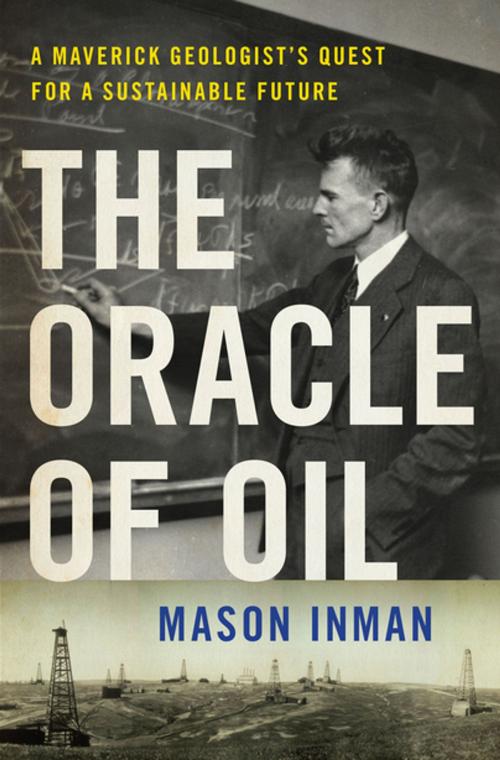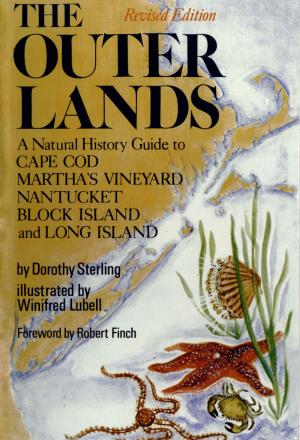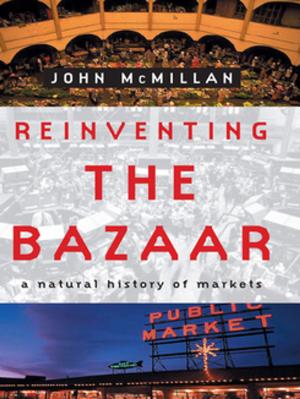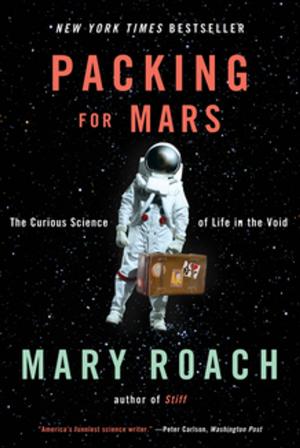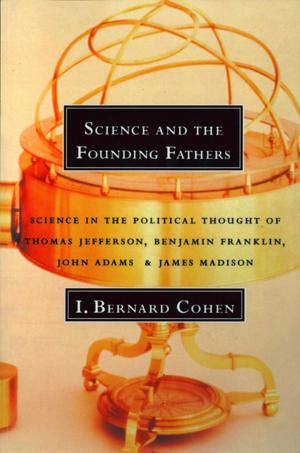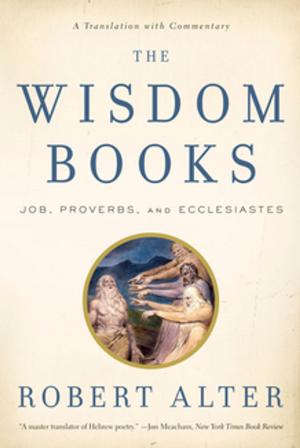The Oracle of Oil: A Maverick Geologist's Quest for a Sustainable Future
Nonfiction, Science & Nature, Science, Earth Sciences, Geology, Business & Finance, Industries & Professions, Industries, Biography & Memoir, Reference| Author: | Mason Inman | ISBN: | 9780393248715 |
| Publisher: | W. W. Norton & Company | Publication: | April 11, 2016 |
| Imprint: | W. W. Norton & Company | Language: | English |
| Author: | Mason Inman |
| ISBN: | 9780393248715 |
| Publisher: | W. W. Norton & Company |
| Publication: | April 11, 2016 |
| Imprint: | W. W. Norton & Company |
| Language: | English |
The first comprehensive biography of Marion King Hubbert, the "father of peak oil."
In 1956, geologist and Shell Oil researcher Marion King Hubbert delivered a speech that has shaped world energy debates ever since.
Addressing the American Petroleum Institute, Hubbert dropped a bombshell on his audience: U.S. oil production would peak by 1970 and decline steadily thereafter. World production would follow the same fate, reaching its peak soon after the turn of the millennium. In battles stretching over decades, Hubbert defended his forecasts against opponents from both the oil industry and government.
Hubbert was proved largely correct during the energy crises of the 1970s and hailed as a "prophet" and an "oracle." Even amid our twenty-first-century fracking boom, Hubbert’s underlying logic holds true—while remaining a source of debate and controversy.
A rich biography of the man behind peak oil, The Oracle of Oil follows Hubbert from his early days as a University of Chicago undergraduate to his first, ill-fated forays into politics in the midcentury Technocracy movement, and charts his rise as a top geologist in the oil industry and energy expert within the U.S. government.
In a deeply researched narrative that mines Hubbert's papers and correspondence for the first time, award-winning journalist Mason Inman rescues the story of a man who shocked the scientific community with his eccentric brilliance. The Oracle of Oil also skillfully situates Hubbert in his era: a time of great intellectual ferment and discovery, tinged by dark undercurrents of intellectual witch hunts. Hubbert emerges as an unapologetic iconoclast who championed sustainability through his lifelong quest to wean the United States—and the wider world—off fossil fuels, as well as by questioning the pursuit of never-ending growth.
In its portrait of a man whose prescient ideas still resonate today, The Oracle of Oil looks to the past to find a guiding philosophy for our future.
The first comprehensive biography of Marion King Hubbert, the "father of peak oil."
In 1956, geologist and Shell Oil researcher Marion King Hubbert delivered a speech that has shaped world energy debates ever since.
Addressing the American Petroleum Institute, Hubbert dropped a bombshell on his audience: U.S. oil production would peak by 1970 and decline steadily thereafter. World production would follow the same fate, reaching its peak soon after the turn of the millennium. In battles stretching over decades, Hubbert defended his forecasts against opponents from both the oil industry and government.
Hubbert was proved largely correct during the energy crises of the 1970s and hailed as a "prophet" and an "oracle." Even amid our twenty-first-century fracking boom, Hubbert’s underlying logic holds true—while remaining a source of debate and controversy.
A rich biography of the man behind peak oil, The Oracle of Oil follows Hubbert from his early days as a University of Chicago undergraduate to his first, ill-fated forays into politics in the midcentury Technocracy movement, and charts his rise as a top geologist in the oil industry and energy expert within the U.S. government.
In a deeply researched narrative that mines Hubbert's papers and correspondence for the first time, award-winning journalist Mason Inman rescues the story of a man who shocked the scientific community with his eccentric brilliance. The Oracle of Oil also skillfully situates Hubbert in his era: a time of great intellectual ferment and discovery, tinged by dark undercurrents of intellectual witch hunts. Hubbert emerges as an unapologetic iconoclast who championed sustainability through his lifelong quest to wean the United States—and the wider world—off fossil fuels, as well as by questioning the pursuit of never-ending growth.
In its portrait of a man whose prescient ideas still resonate today, The Oracle of Oil looks to the past to find a guiding philosophy for our future.
